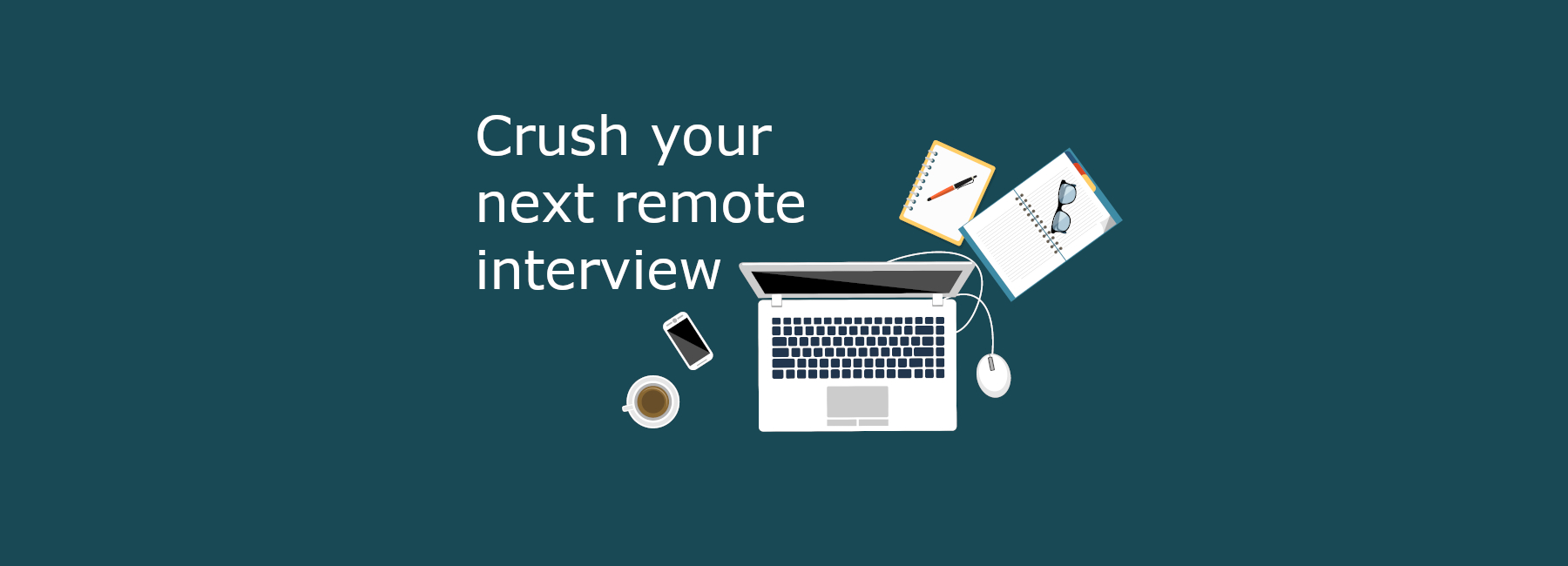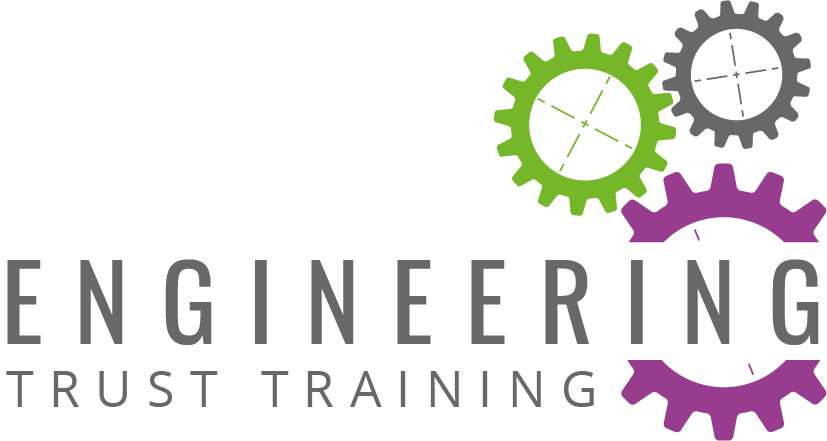
Crush your next remote interview
We have been using telephone interviews to shortlist candidates for apprentice vacancies for many years and have heard candidates across the spectrum from brilliant to bad.
The current Covid-19 pandemic has produced some challenges for employers looking to hire apprentices (and staff in general). Although the number of business looking to take on apprentices has dropped (temporarily due to the current situation) there are several who have continued the recruitment process with a view to be ready for when we come out the other side of the Coronavirus lockdown.
A lot are now choosing to interview candidates remotely either by video or phone. So here are some tips on how to be at the brilliant end and put yourself in the best possible position to crush your next interview.
First off, nerves.
This may be the first time that you’ve had to do an interview, so it’s natural to feel nervous. But employers know this and every apprentice interviewee will be in the same boat!
This may be the first time that you’ve had to do an interview, so it’s natural to feel nervous. But employers know this and every apprentice interviewee will be in the same boat!
So. Here’s what do employers want to know:
Are you motivated to do an engineering apprenticeship?
What is your current understanding of engineering?
What is your suitability for the vacancy?
Could this person be a future employee for us?
Would this person take on the training needed and work hard to complete their apprenticeship?
Are you motivated to do an engineering apprenticeship?
What is your current understanding of engineering?
What is your suitability for the vacancy?
Could this person be a future employee for us?
Would this person take on the training needed and work hard to complete their apprenticeship?
Nerves can be useful as they show that something is important to you so try to put those nerves to work and channel them into your preparation.
Get a notebook!
You need to do a bit of self-reflection and write down the answers.
- List your achievements, interest and hobbies, strengths and weaknesses.
- Think of 2-3 experiences you are proud of and write one-line reminders in your notebook. Employers know that you won’t have vast work experience so these can come from any area of your life such as school, hobbies, sports, clubs or a part-time job. When you get to interview, you’ll be able to use these to show when you’ve achieved something / shown initiative / taken responsibility / dealt with a difficult situation / used great communication etc.
- Remember that an interview is for you to find out if an opportunity or company is right for you too. What are the most important things for you when looking for an apprenticeship? Being clear on this will give you confident in the interview about why you’re applying.
Do your research and prep. for your interviews (in your notebook)
- Find out what each engineering apprenticeship vacancy involves and think about why that individual apprenticeship is right for you. Make some notes about why you would be a good fit for this opportunity.
- Plan some questions. In your notebook, jot down 9 specific questions to ask: 3 about the vacancy, 3 about the employer and 3 practical questions about the role.
Here are some examples of good questions to ask about the vacancy:
What are the key skills that I need to master to be successful in this role?
What role could I expect within the business if I were to complete this role?
What are you looking for in your ideal apprentice?
Here are some examples of good questions to ask about the employer:
How would you describe your company’s culture?
Does your company have a mission statement?
Who is your biggest customer / market?
What are you looking for in your ideal apprentice?
Here are some examples of good questions to ask about the employer:
How would you describe your company’s culture?
Does your company have a mission statement?
Who is your biggest customer / market?
And here are examples for the practical questions:
How many apprentices are you recruiting? How many applicants are you interviewing for these places?
How quickly are you looking to make a decision following this interview?
When are you looking for the successful person / people to start?
How many apprentices are you recruiting? How many applicants are you interviewing for these places?
How quickly are you looking to make a decision following this interview?
When are you looking for the successful person / people to start?
Be ready and plan the basics
- Plan where you’re going to do your interview; you need somewhere quiet where you won’t be disturbed or distracted. A table is useful. Think about what’s behind you! Any embarrassing photos or annoying mirrors?!
- Make sure any devices needed are charged.
- Try to be ‘hands free’ so that you’re not trying to hold a phone or device at the same time as talking.
- If you’re going to be on camera, make sure you are presentable.
- Set a reminder for 15 minutes before the interview so that you can get set-up.
- Get your notebook and a glass of water ready.
- Be in place early so that you are calm (avoid being rushed and out of breath, fumbling around or half-asleep!)
- Show that this interview is the most important thing that day.
The interview (with your notebook)
- Use your manners. From ‘Hello’ to ‘Goodbye’ be professional. It doesn’t have to be overly formal but do speak properly and avoid slang.
- Don’t interrupt. It’s a two-way conversation; listen and respond. You have your notebook if you want to remember a comment or question. They’ll be writing too, so it’s fine to jot things down as you go.
- If you find you’ve forgotten the question, just say! It’ll help you to refocus your answer (you can use your notebook to get back on track).
- It’s also fine to ponder a question for a moment if you need time to think; you don’t have to rush it. Slowing down a bit helps with nerves and feels more natural.
- Before the end, check through your notes to see if there is anything you need to ask
Reflect (and put that notebook somewhere safe!)
- It’s tempting to crack on with your day, but take a moment to reflect on your experience.
- Using your trusty notebook, jot down anything that went well so that you can remember to do it or say it next time. You can also think about anything that didn’t go to plan so you can be more prepared in the future.
- Remember that it is normal to interview for lots of positions; it is actually quite rare to get offered a place your first time! So don’t be disheartened; this process is about putting the right people in the right roles so if you don’t get it this time try again until it all clicks into place.
Written by Yvette - Marketing and Recruitment
